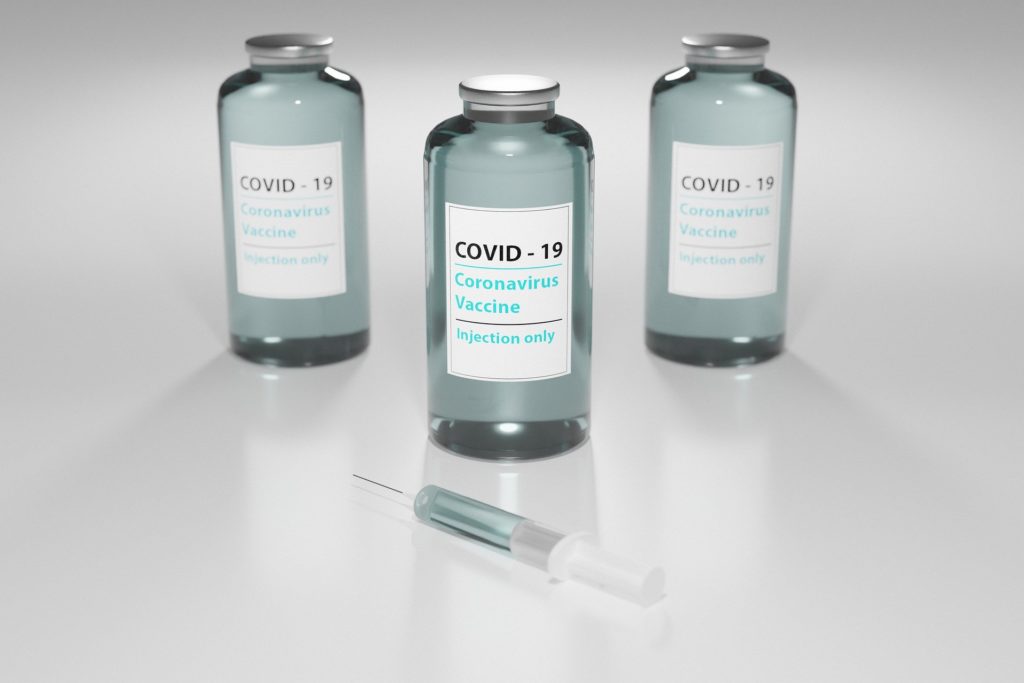As the vaccination strategy unfolds, many questions have arisen not only about who should be vaccinated first, but also who might not have access to a vaccine at all.
National policy, for example, might not offer access to ‘undocumented’ or irregular migrants on the grounds that the supplies should be prioritized for their natural-born citizens and registered residents. Similarly, the policy might make vaccination conditional to presenting a passport or another identity document.
Epidemiologically, any policy based on regular status would undoubtedly create a weak point in the containment strategy. Stopping the disease from spreading is, after all, what is needed.
Requiring individuals in special circumstances to show a piece of identity would not encourage them to be vaccinated, thinking that – once in the system – records can serve to different purposes. And they would be right. But an essential condition to be vaccinated is wanting to be vaccinated.
Last year, before obtaining the go-ahead for emergency use, it was stated that a vaccine against covid-19 wouldn’t be business as usual. An unprecedented amount of funds came to the development of laboratory research and clinical trials – universities, publishers of scientific journals, states, the World Health Organisation, the pharmaceutical giants and even civilians who served as volunteers for testing.
This surpasses by all means the investment any country alone can make, and so any sign of ‘vaccination nationalism’ should be detected at the earliest possible stage.
There is an obligation to expand the vaccination rollout to undocumented individuals, which is epidemiological. But it is also moral.
Ricardo Ayala, PhD


